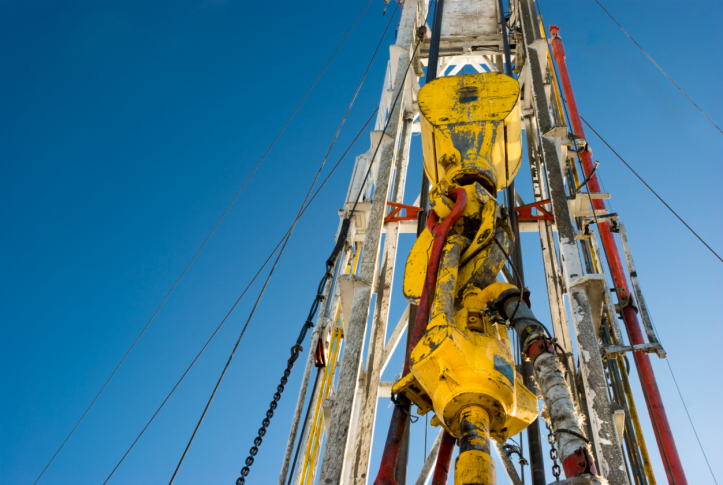Commodities & Metals
Americans Like Keystone XL, Don’t Like Fracking
Published:
Last Updated:

The research, published on Thursday, offers an interesting look at what people know, what they think they know, and what they don’t know about the U.S. energy landscape. The result that really struck us was that only 48% of those surveyed know that U.S. energy production has increased in the past few years, and only 34% say that the increase is mainly attributable to more production of oil and gas.
Then there’s this:
There is no indication that awareness of the nation’s growing energy production is related to energy policy attitudes. For instance, among those who know that energy production is growing mostly from traditional sources, 57% prioritize developing alternative energy sources. That is about the same percentage (58%) among those who do not know this.
In other words, environmentalists who favor policies that would increase alternative energy production and don’t know that recent increases come mainly from traditional sources are no more likely to support alternative energy policies than is the drill-baby-drill crowd. Now that’s odd.
Or is it? It could be that both sides of the argument over U.S. energy policy are drawing different conclusions from the same data.
Oil and gas, particularly oil used to produce gasoline, is going to be a major part of the U.S. energy supply for a long time to come. Americans consume about 9 million barrels of gasoline a day according to the U.S. Energy Information Administration.
Environmentalists see oil as a necessary evil that Americans will slowly drift away from over the next several decades as alternative transportation fuels are scaled up. Some would like to see that happen a lot more quickly but that’s just wishful thinking.
The drill-baby-drill crowd extols the virtues of new technologies like fracking and horizontal drilling and believe that if U.S. energy policy were friendlier to oil and gas development the country would be able to get along quite nicely on an ever growing supply of oil. But apparently these folks understand that oil will only get more expensive and they too support developing alternative energy sources to reduce U.S. demand for oil.
In both policy views, oil is a transitional fuel and that transition has only just begun. The policy argument is less about where the U.S. will be in 50 years than it is about how we’ll get there. That’s what seems to us to be the most important insight in this survey report.
The thought of burdening your family with a financial disaster is most Americans’ nightmare. However, recent studies show that over 100 million Americans still don’t have proper life insurance in the event they pass away.
Life insurance can bring peace of mind – ensuring your loved ones are safeguarded against unforeseen expenses and debts. With premiums often lower than expected and a variety of plans tailored to different life stages and health conditions, securing a policy is more accessible than ever.
A quick, no-obligation quote can provide valuable insight into what’s available and what might best suit your family’s needs. Life insurance is a simple step you can take today to help secure peace of mind for your loved ones tomorrow.
Click here to learn how to get a quote in just a few minutes.
Thank you for reading! Have some feedback for us?
Contact the 24/7 Wall St. editorial team.